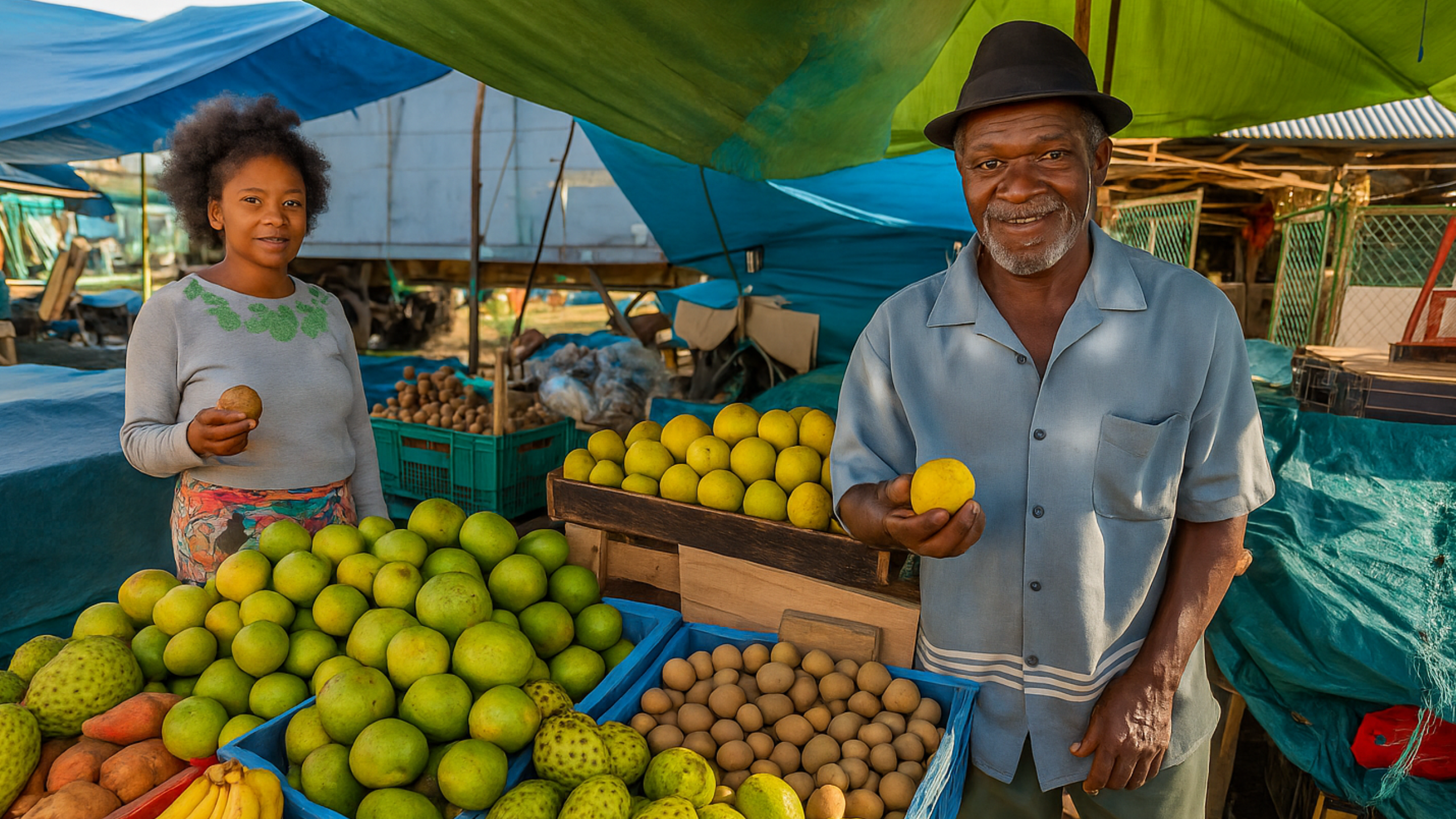Jamaicans are doing what we always do after a major storm—checking on family, clearing the yard, and heading to the shop to restock. The good news: major distributors say the island still has healthy stocks of the basics—flour, rice, oils, tinned goods—with more shipments in the pipeline. So there’s no need to panic-buy staples. The pressure point is fresh food. Farm damage means some fruits, vegetables, and eggs could be tighter and costlier into Christmas as fields recover.
On the ground, price checks will matter. The Government has reminded retailers that disaster-period price controls apply to essential goods; shoppers have already reported mixed prices across shops for the same items. Compare, keep your receipts, and don’t be afraid to walk to the next counter if the numbers feel off.
Public health teams are also pushing a simple message: handle food and water with care while power and water service stabilise. If something smells off, throw it out; boil when advised. A small decision in the kitchen can save a big bill at the doctor.
What to expect at the checkout
- Pantry staples should remain broadly available as warehouses and distribution routes normalise. Expect shelves to look better each week.
- Fresh produce and eggs may swing in price and availability as hard-hit parishes rebuild. Plan for a temporary bump in your food budget, especially for greens and certain fruits.
- Relief logistics and imports are scaling up. International partners, including the World Food Programme, are supporting transport and emergency supplies, which should ease pressure in the hardest-hit areas.
A simple plan for households (beginner-friendly and realistic)
- Make a short 90-day budget. Lock in rent/mortgage, light and water, then set a weekly grocery number and add a small “produce buffer” line for the next few pay cycles.
- Shop by unit price, not brand. Check wholesale clubs, supermarkets, and community shops; compare per kg/lb or per litre. Track ten items you buy every week so you can swap quickly if prices jump.
- Do smart swaps. If fresh is expensive, lean on frozen vegetables, canned tomatoes/beans, tinned fish, and root crops that store well. Rotate back to fresh as fields recover.
- Keep receipts and compare. If one shop is out of line, try another. Disaster-period rules are in place for essentials; polite questions go a long way.
- Food safety first. Cook perishables early, keep fridge/freezer doors closed during outages, and follow boil-water guidance when issued.
For our diaspora family
If you’re sending help, be specific. Pantry bundles (rice, flour, oats, pasta, oil, canned proteins) and support for transport or data top-ups go far. With humanitarian partners assisting logistics, targeted support meets real needs faster than random parcels.
The bigger picture
Agriculture took a heavy blow—especially in breadbasket areas—so some crops may take weeks to months to rebound. That can nudge food inflation even while staple inventories remain steady. Jamaica has managed this balance before: calm shopping, sensible swaps, and steady support will keep most baskets full while the island rebuilds.



